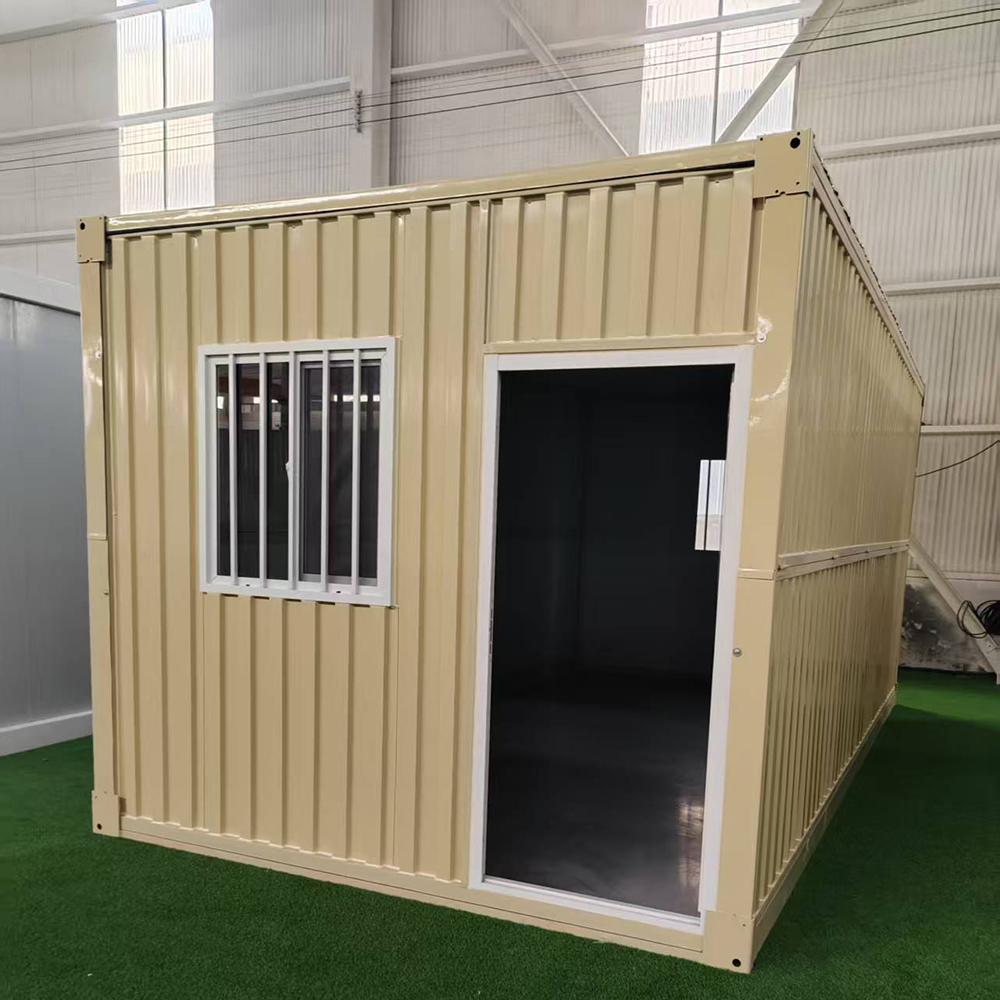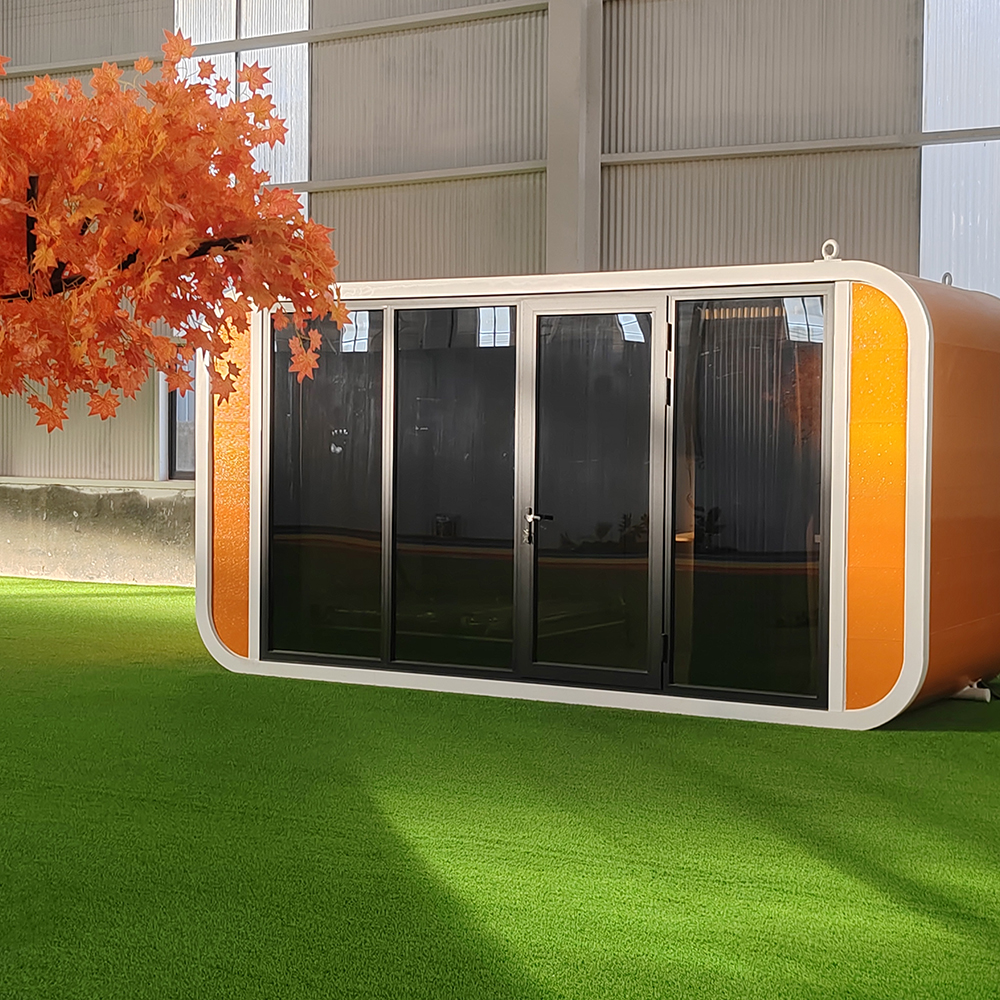-
E-mail
Austin120521@outlook.com -
E-mail
sales@jujiuhouse.com -
Telephone
+86-17864099991 -
Telephone
+86-17854044442
- Chinese
- French
- German
- Portuguese
- Spanish
- Russian
- Japanese
- Korean
- Arabic
- Irish
- Greek
- Turkish
- Italian
- Danish
- Romanian
- Indonesian
- Czech
- Afrikaans
- Swedish
- Polish
- Basque
- Catalan
- Esperanto
- Hindi
- Lao
- Albanian
- Amharic
- Armenian
- Azerbaijani
- Belarusian
- Bengali
- Bosnian
- Bulgarian
- Cebuano
- Chichewa
- Corsican
- Croatian
- Dutch
- Estonian
- Filipino
- Finnish
- Frisian
- Galician
- Georgian
- Gujarati
- Haitian
- Hausa
- Hawaiian
- Hebrew
- Hmong
- Hungarian
- Icelandic
- Igbo
- Javanese
- Kannada
- Kazakh
- Khmer
- Kurdish
- Kyrgyz
- Latin
- Latvian
- Lithuanian
- Luxembou..
- Macedonian
- Malagasy
- Malay
- Malayalam
- Maltese
- Maori
- Marathi
- Mongolian
- Burmese
- Nepali
- Norwegian
- Pashto
- Persian
- Punjabi
- Serbian
- Sesotho
- Sinhala
- Slovak
- Slovenian
- Somali
- Samoan
- Scots Gaelic
- Shona
- Sindhi
- Sundanese
- Swahili
- Tajik
- Tamil
- Telugu
- Thai
- Ukrainian
- Urdu
- Uzbek
- Vietnamese
- Welsh
- Xhosa
- Yiddish
- Yoruba
- Zulu
- Kinyarwanda
- Tatar
- Oriya
- Turkmen
- Uyghur

Buy expandable modular house
Exploring Expandable Modular Houses: A Practical Perspective
Expandable modular houses are gaining traction not only for their adaptability but also for the speed and flexibility they offer in construction. But there's more to it than meets the eye. Let's dig into what goes behind buying an expandable modular house, beyond the glossy brochures.
Understanding the Appeal of Modular Housing
Purchasing a expandable modular house often begins with intrigue over its modular nature—what exactly does expandable mean in practical terms? In my early ventures in this industry, I found that homeowners are drawn to its promise of easy expansion, hoping to accommodate future family needs without traditional construction headaches.
Yet, this simplicity can be deceiving. It's crucial to understand the logistics involved; not all sites are ready for immediate installation, which can complicate timelines. I've seen projects delayed simply because site preparation was overlooked.
An essential component of this process involves not just understanding the product but also aligning with reliable companies. For instance, firms like SHANDONG JUJIU INTEGRATED HOUSING CO., LTD offer comprehensive services from design to installation, which can considerably smooth out the process.
Navigating the Choices and Configurations
One visit to a supplier’s showroom, or even a browse through their catalog, proves there are countless configurations available—a blessing and a challenge. Choosing the right model depends heavily on anticipated future needs. Some clients I've worked with have underestimated this, opting for smaller units and later facing hurdles during expansion.
Customization in expandable modular homes isn’t simply about aesthetic preferences. The practicalities—like plumbing and wiring—often require foresight. It’s an oversight seen all too often: not accounting for these technical aspects can lead to increased costs and frustration down the line.
Collaborating with a company that offers integrated services, like SHANDONG JUJIU INTEGRATED HOUSING CO., LTD, can ensure these details aren't missed, as they have the expertise in handling intricate setups.
Financial Considerations and Realities
Budgeting is another critical area where reality can diverge from initial expectations. The upfront costs might seem straightforward, but hidden expenses often emerge, most notably during site preparation and in meeting local building codes.
It's worth mentioning that financing for modular homes can differ significantly from traditional homes. Potential buyers should consult early on with financial institutions to understand differences in loan processes. I’ve seen deals falter simply because no prior financial advice had been sought.
Engaging with transparent contractors like SHANDONG JUJIU INTEGRATED HOUSING CO., LTD can mitigate financial surprises since they offer clarity on costs right from the beginning stages.
Real-Life Applications and Insights
Case studies are plentiful in this domain. One noteworthy example involved a family looking to incorporate eco-friendly features into their modular home. Incorporating solar panels and rainwater collection systems required detailed customization, expertly handled by companies familiar with these technologies.
This isn't without its challenges. Local regulations on alternative energy can be tricky to navigate. Here, the guidance from experienced modular construction firms proves invaluable. I recall a client who, unaware of zoning laws, faced significant installations delays.
What emerges is a broader understanding of how versatile these structures are, provided the groundwork—both literal and legal—is meticulously prepared in advance.
Looking Ahead with Expandable Modular Homes
As innovative as they are, expandable modular homes are not a one-size-fits-all solution. Potential buyers should evaluate their long-term residential plans carefully. Consultations with industry professionals can illuminate unforeseen obstacles.
By collaborating closely with reputable firms—those with comprehensive offerings—homeowners can capitalize on the many advantages of modular living. Firms like SHANDONG JUJIU INTEGRATED HOUSING CO., LTD play a significant role in this journey, providing expertise and support throughout the process.
In summary, as you contemplate entering the modular housing arena, remember that due diligence and strategic partnerships are key in making informed decisions that will stand the test of time.
Related products
Related products
Best selling products
Best selling products-
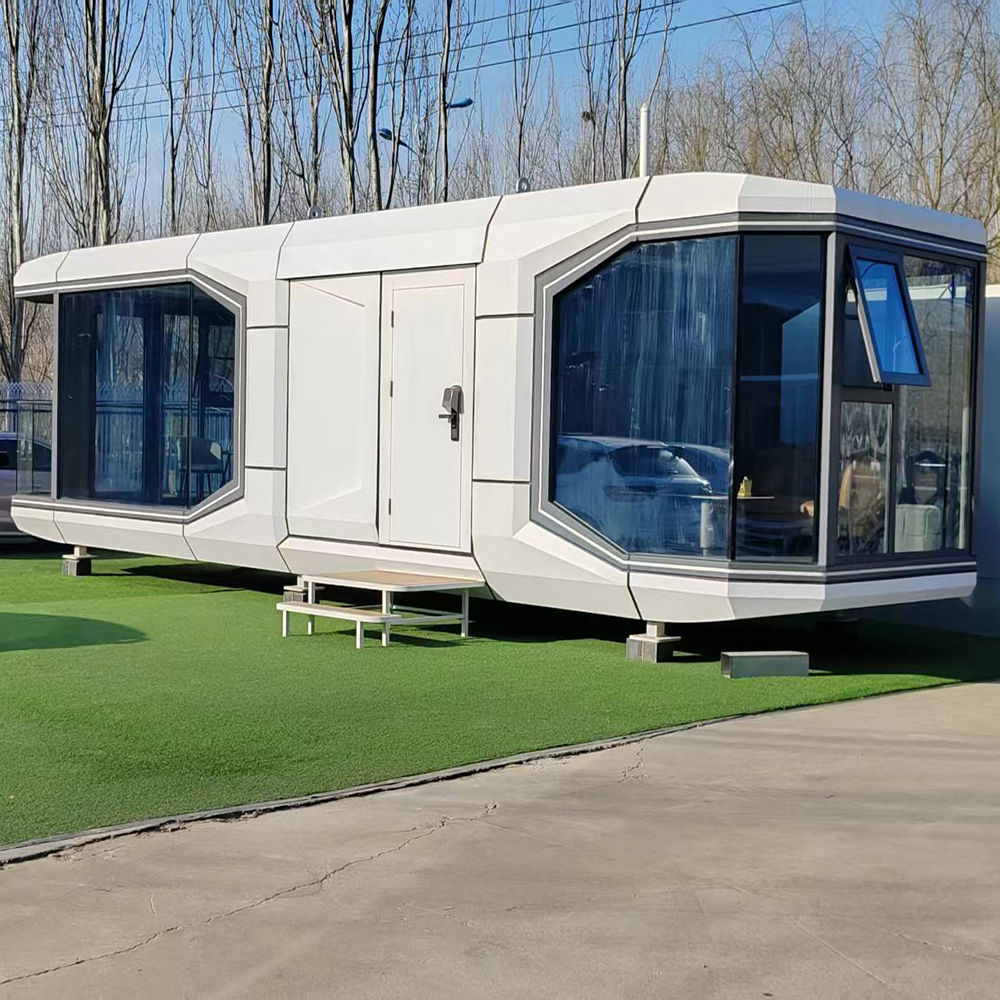 Luxury High Quality 2 Bedroom Container Home Prefabricated Steel Space Capsule for Office Shop Hotel or Outdoor House
Luxury High Quality 2 Bedroom Container Home Prefabricated Steel Space Capsule for Office Shop Hotel or Outdoor House -
 High-quality Double-wing Folding Container House with Doors and Windows, Insulated Walls, Suitable for Various Scenarios.
High-quality Double-wing Folding Container House with Doors and Windows, Insulated Walls, Suitable for Various Scenarios. -
 Easy Install Customized Detachable Container Homes Extendable House Prefab 2 Floors Expandable Container House
Easy Install Customized Detachable Container Homes Extendable House Prefab 2 Floors Expandable Container House -
 Waterproof folding container house – mobile accommodation for campsites/scenic spots
Waterproof folding container house – mobile accommodation for campsites/scenic spots -
 Luxury Foldable Two Story Container House for Glamping Resort and Villa Hotel
Luxury Foldable Two Story Container House for Glamping Resort and Villa Hotel -
 Movable Prefabricated Container House Villas Modular Portable Homes 1 Bedroom Container House Offices Apartments
Movable Prefabricated Container House Villas Modular Portable Homes 1 Bedroom Container House Offices Apartments -
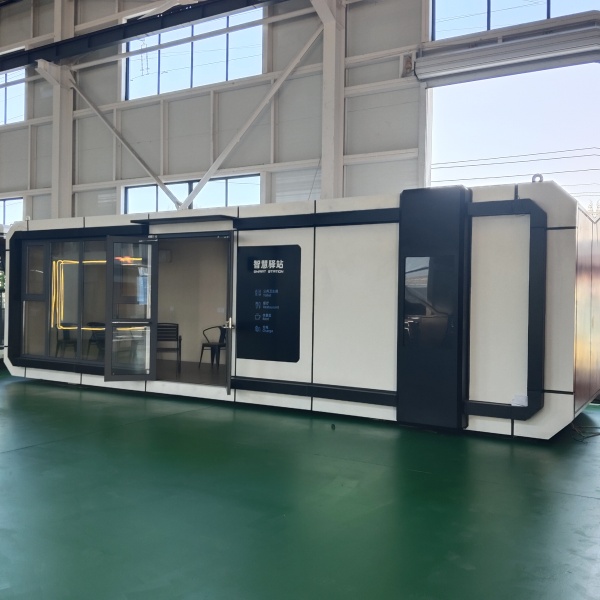 Modular modern movable apple cabins, customized high-end folk houses and portable bedrooms, delivered as a whole
Modular modern movable apple cabins, customized high-end folk houses and portable bedrooms, delivered as a whole -
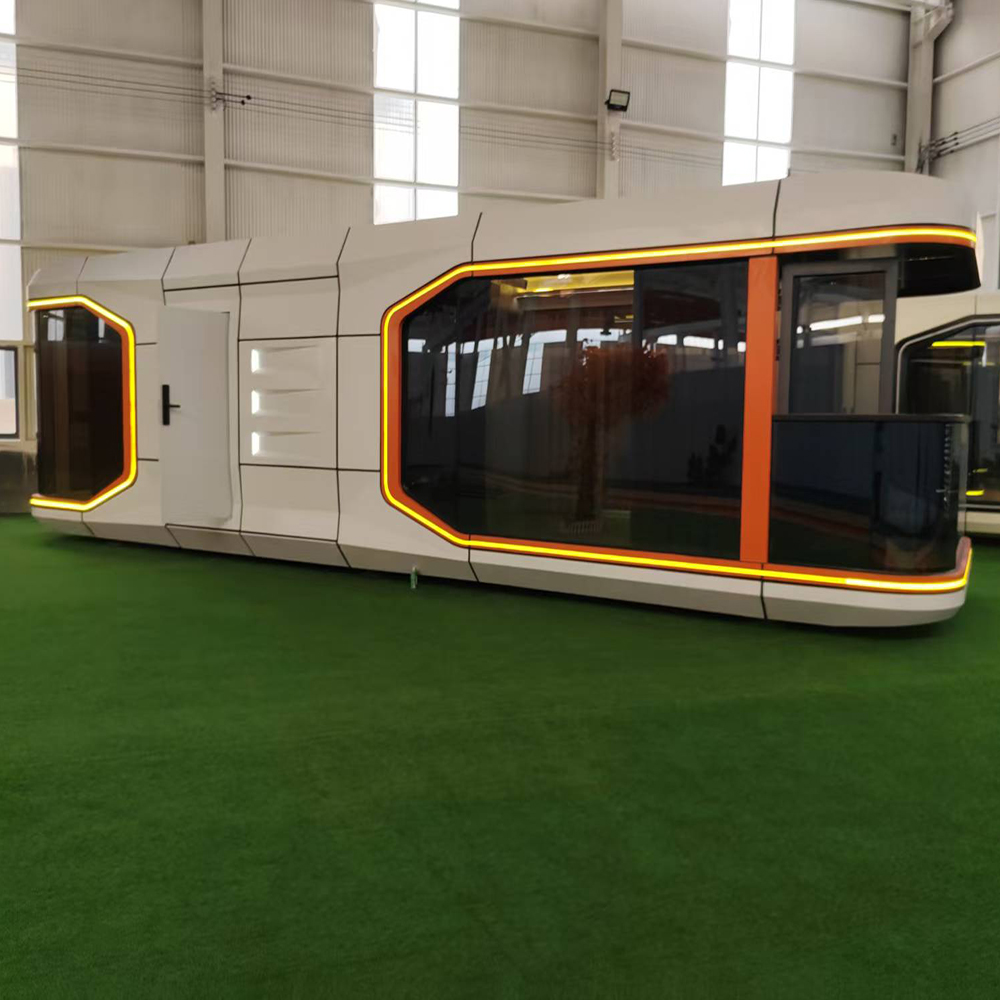 Standard Modern Camping Pod Space Prefabricated Portable Mobile Capsule Room Hotel Bathroom Prefabricated Spaceship House
Standard Modern Camping Pod Space Prefabricated Portable Mobile Capsule Room Hotel Bathroom Prefabricated Spaceship House -
 A container house with a terrace and double-wing folding design, suitable for various purposes such as offices, meeting rooms, living rooms, etc.
A container house with a terrace and double-wing folding design, suitable for various purposes such as offices, meeting rooms, living rooms, etc. -
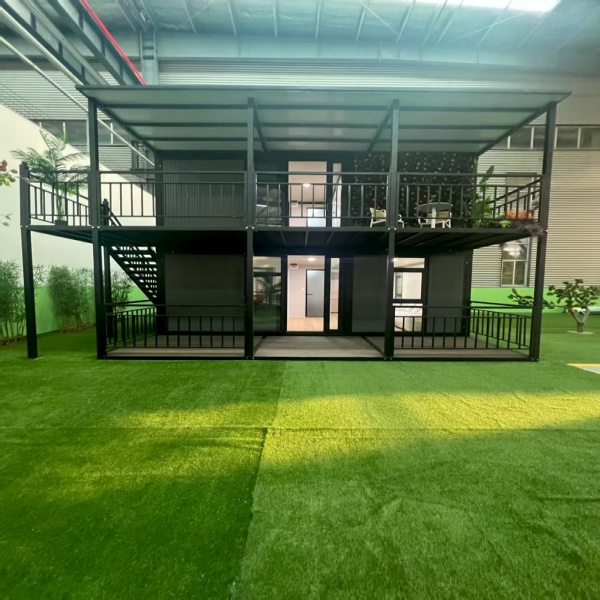 Luxury foldable two-story container houses in luxury resort hotels and villa hotels
Luxury foldable two-story container houses in luxury resort hotels and villa hotels -
 Factory Direct Sales Office Folding Container Luxury House Living Container House
Factory Direct Sales Office Folding Container Luxury House Living Container House -
 Customized Two Wing Folding Expandable Container House
Customized Two Wing Folding Expandable Container House









